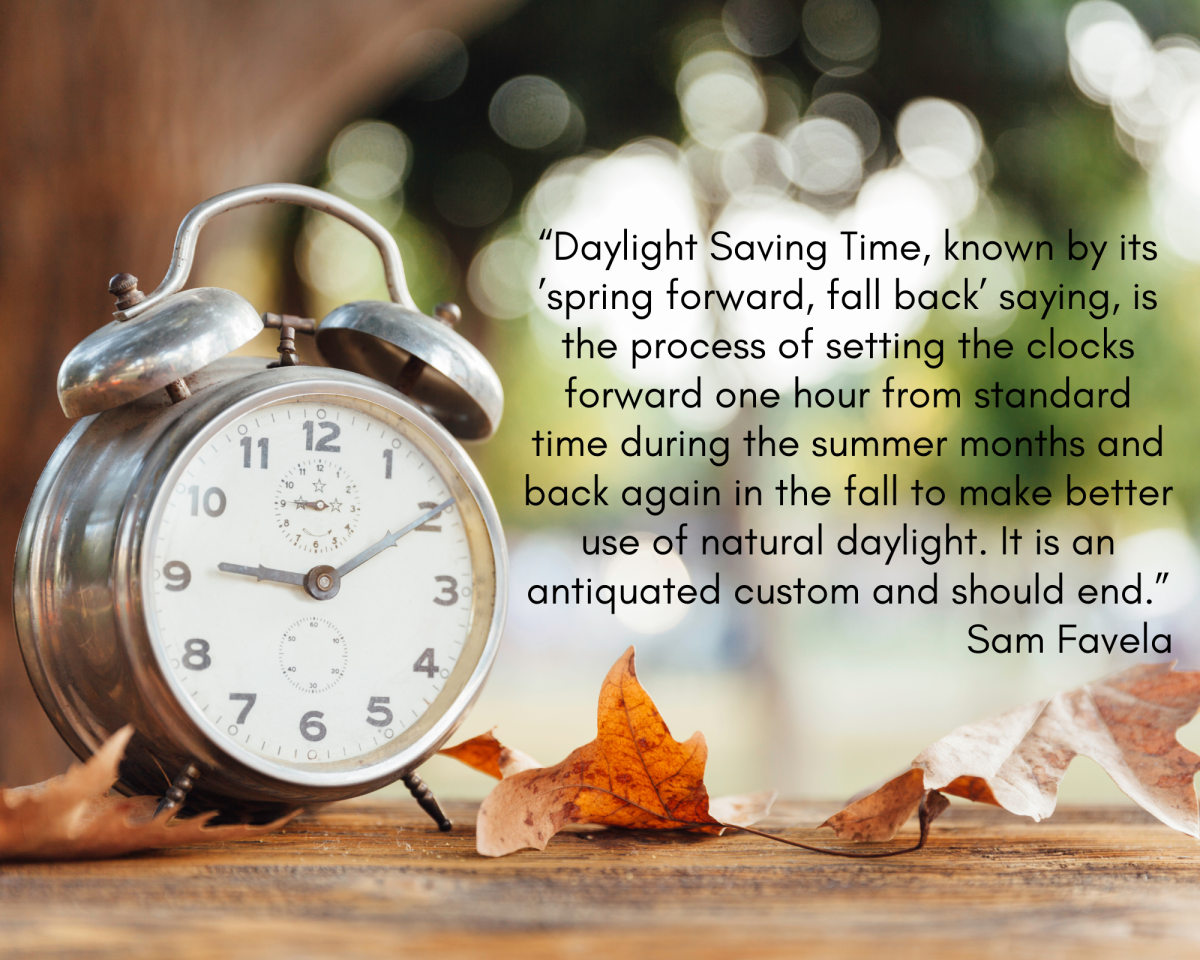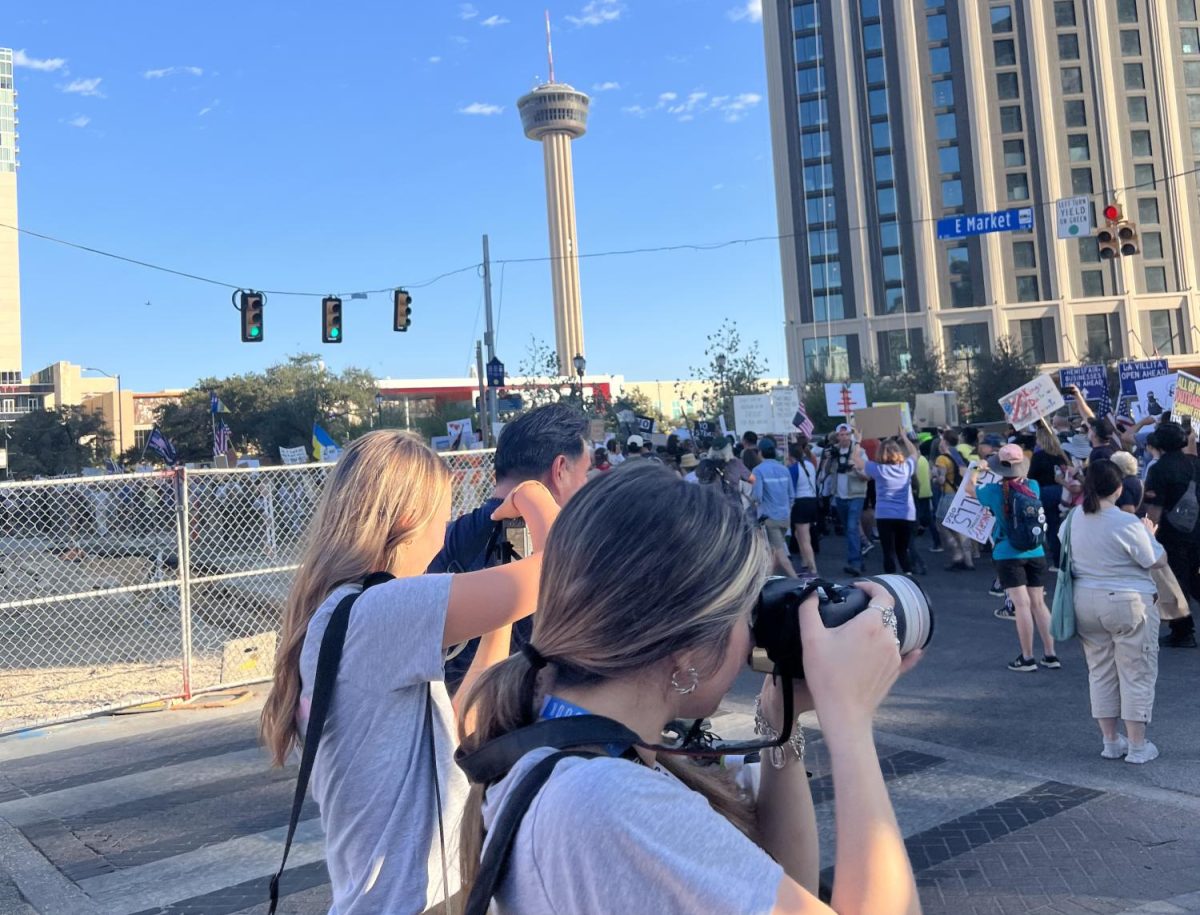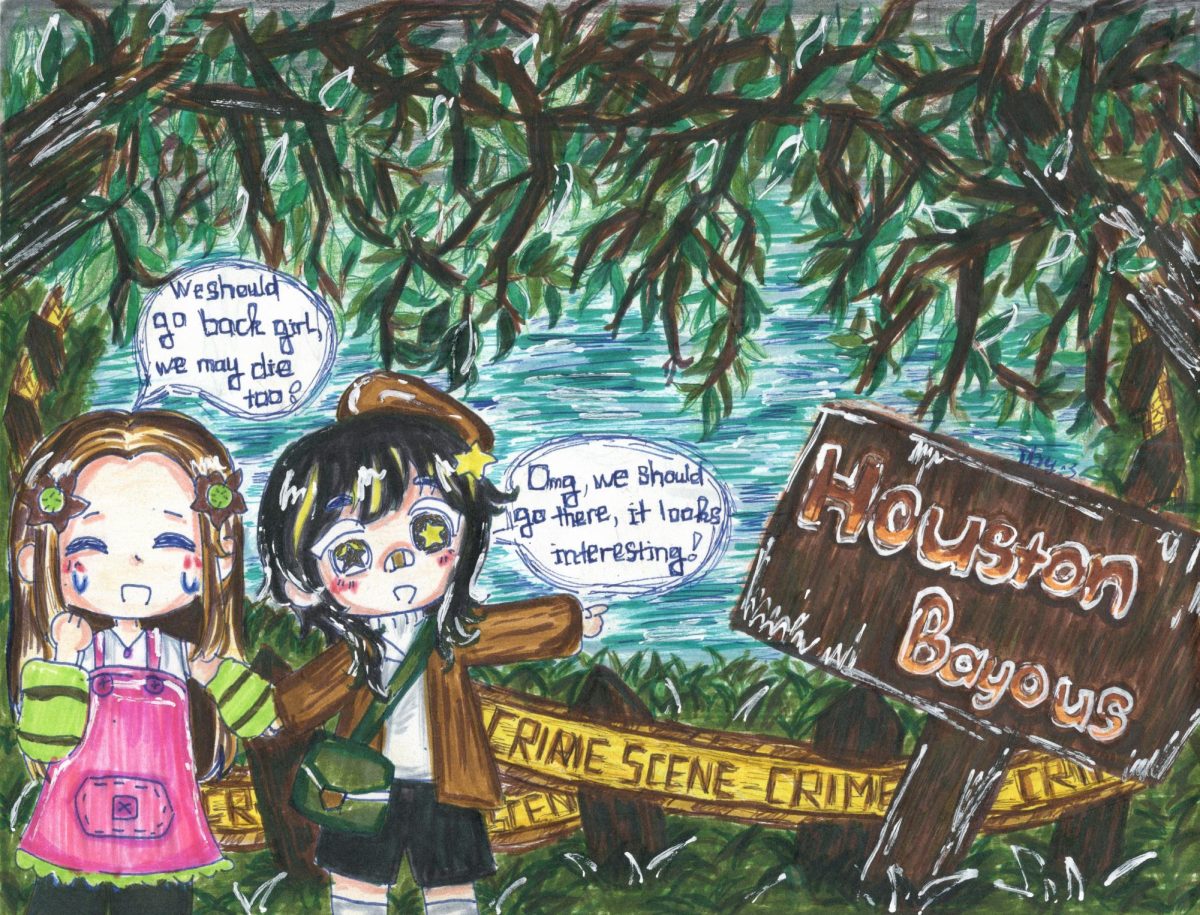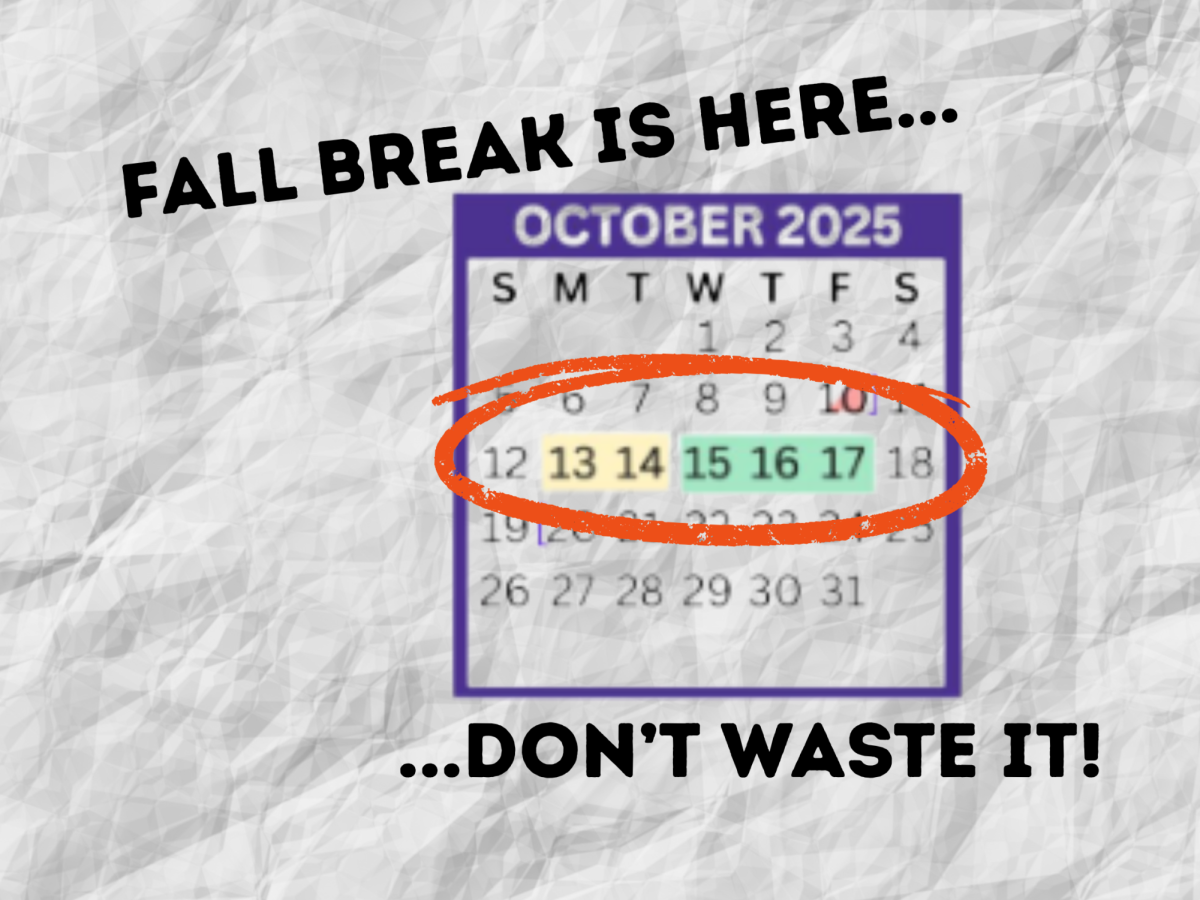On Sunday, Nov. 6th, most people woke feeling replenished and in a good mood, even while waking up a bit earlier than usual. Some thought it was random. but then remembered it was the end of daylight savings time for 2023. Daylight savings time (commonly abbreviated as DST) for this year started on Sunday, Mar. 12th, and ended on Sunday, Nov. 6th.
Daylight Saving Time, known by its “spring forward, fall back” saying, is the process of setting the clocks forward one hour from standard time during the summer months and back again in the fall to make better use of natural daylight. It is an antiquated custom and should end.
Legislation to maintain average time or shift to DST full-time has been on the agenda for almost every clock change in the US since 2015. More than 200 DST bills and resolutions have been introduced in nearly every state in the country since the start of the year, according to the National Conference of State Legislatures. A few states have introduced bills for permanent DST, but they need approval from Congress to end the time-change. To do this, Congress must pass a federal DST law since current law only permits states to opt out of DST. Some people believe DST is good, but eliminating it is more beneficial.
It’s no secret that daylight saving time has been linked to poor sleep quality and mental health. Research has shown that it increases the risk of developing seasonal affective disorder (SAD). SAD is a form of depression that has all the classic symptoms of depression but lasts until spring. Whether or not someone suffers from SAD, it is important to take care of one’s mental health when it gets dark earlier.
As DST begins, the sun feels as if it goes up an hour later, but in reality, an hour is lost. People’s bodies tend to get thrown off because they’re used to going to sleep at a specific time. It makes people want to go to sleep earlier or go to sleep later because that’s how their body is set up. Developing and adjusting to a new sleep schedule messes with the body, either leading people to fall asleep too early and wake up early or causing them to fall asleep too late and either wake up late or wake up feeling unrested or unsettled.
Some people say you get an extra hour of sleep, but it only benefits you for one day. You lose an hour of sleep. DST negatively impacts people and should be eliminated overall. To put an end to DST, everyone can work together by petitioning and sending a message to Congress to terminate Daylight Savings Time. It would keep everyone in the same timezone and on the same schedule, unlike Arizona, as they are in a different time zone because their state does not use DST anymore.














